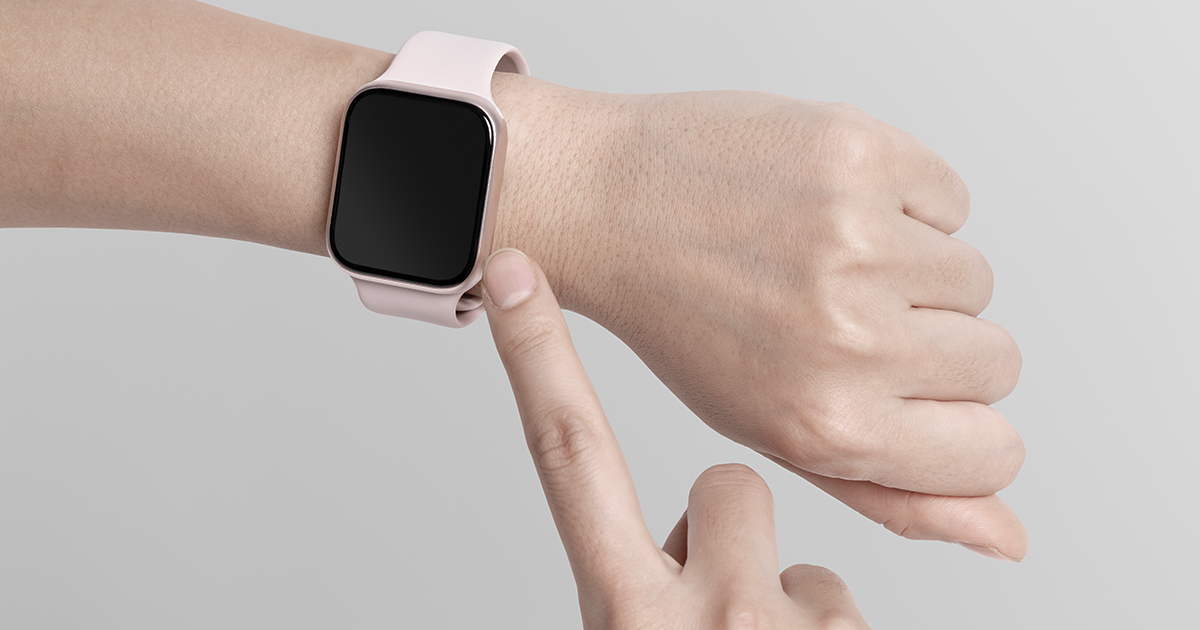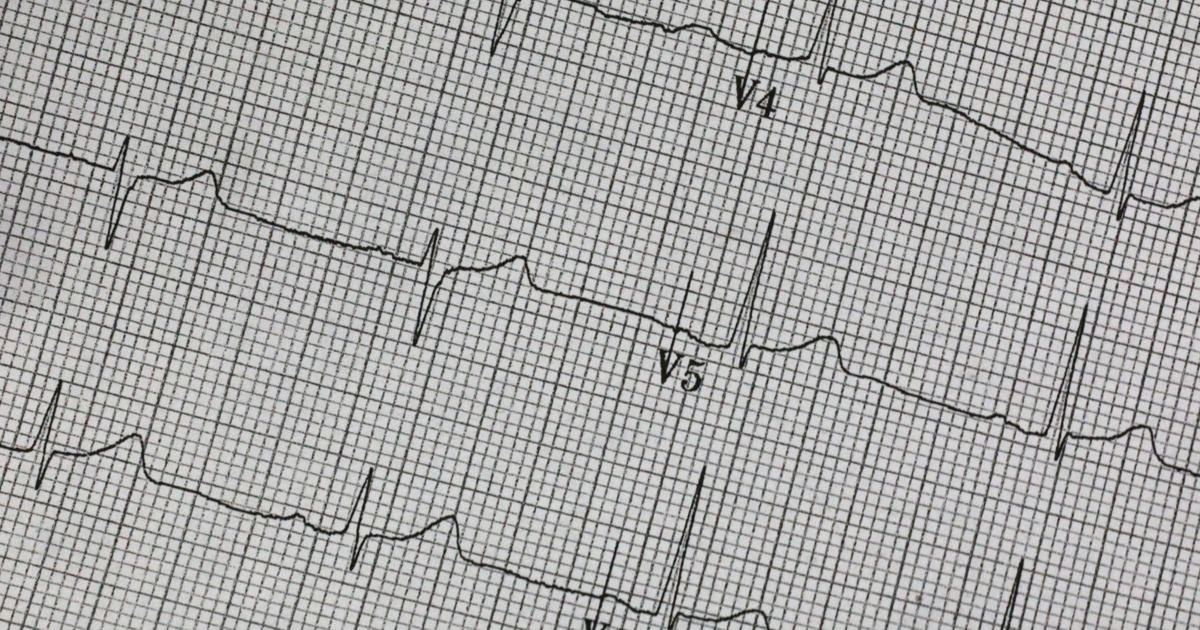Estudio publicado en SAGE Journals, realizó intervenciones basadas en tecnología con el objetivo de mejorar la adherencia a medicamentos contra la hipertensión.
Debido a la mala adherencia a medicamentos antihipertensivos, los pacientes hipertensos pueden registrar peores resultados cardiovasculares y más complicaciones en su salud. Una solución para mejorar la adherencia a su tratamiento es la aplicación de tecnologías emergentes y de esta forma reducir las morbilidades y la mortalidad por hipertensión mal controlada.
The artículo “Intervenciones basadas en tecnología para mejorar la adherencia a los medicamentos antihipertensivos: una revisión basada en evidencia”, de Gary Chun-Yun Kang de Duke University, tuvo como objetivo determinar la eficacia de intervenciones basadas en tecnología para mejorar la adherencia a este tipo de medicamentos.
La revisión fue realizada a través de búsquedas en bases de datos de PubMed y EMBASE, mediante palabras clave y términos específicos. Los estudios encontrados cumplieron con los siguientes criterios:
- Be randomized controlled trials
- Población de adultos mayores de 18 años que toman medicamentos antihipertensivos
- Intervenciones realizadas o aplicadas mediante un dispositivo o proceso tecnológico
- Intervención diseñada para mejorar la adherencia

Los resultados mostraron 12 estudios que cumplieron con los criterios establecidos, de los cuales cinco tuvieron éxito en mejorar la adherencia al tratamiento. Además, dos de ellos mejoraron también la presión arterial.
Las intervenciones tecnológicas fueron: Tapas electrónicas en los envases de los medicamentos con recordatorios audiovisuales; servicios de mensajería con información educativa; notificación de presión arterial auto medida a un sistema informático conectado con un teléfono móvil; y recompensas monetarias tras grabar un video del paciente tomando su medicamento.
La mayoría de estas intervenciones mostraron resultados alentadores para su posible aplicación en otras poblaciones, “especialmente si las intervenciones están dirigidas a un grupo específico de pacientes con mayor riesgo de adherencia deficiente”, explica el autor.
“En el futuro, los investigadores principales deben tratar de mejorar las intervenciones basadas en tecnología que se encuentran en estos 12 estudios, combinar la inteligencia artificial y el uso de aplicaciones telefónicas, y continuar usándolas para ayudar a recordar la ingestión de medicamentos, asesorar y educar a los pacientes sobre la hipertensión y la adherencia a la medicación, y crear oportunidades para que el proveedor y el paciente interactúen”, concluye el estudio.







